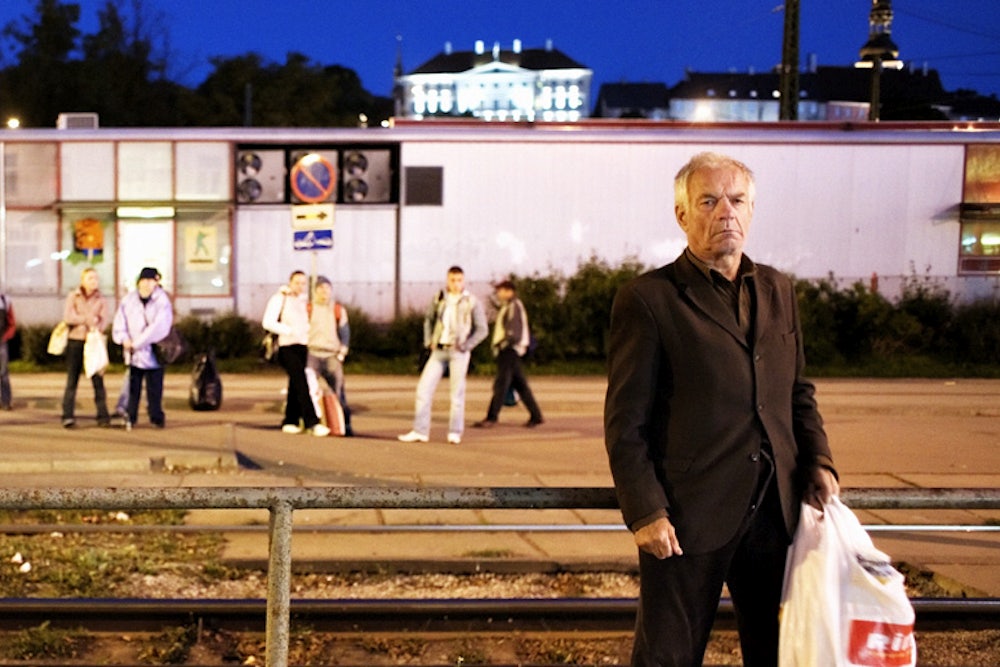Let's for a minute consider that Russia's all-but-finished annexation of Crimea was actually intended, as the Kremlin has said, to protect the rights of ethnic Russians and speakers of the Russian tongue. Now, that's not even remotely true: There has yet to be proof of Russians in Crimea being victimized, Putin has been coveting Crimea since at least 2008, and Russians have been wanting that bit of land since, geez, the 18th century? But let's just entertain the idea, just for a minute: Russians are being victimized in Ukraine because they are Russian and speak Russian. What is the mothership to do?
Well, consider the Baltic precedent. The Baltic states of Estonia and Latvia, both former Soviet republics, were once mandatorily Russian-speaking. Now, nearly a quarter century later, both still have sizable Russian populations. And neither country has a very inclusive track record.
In a February 2012 referendum, Latvians roundly rejected Russian as an official second language. It is is analagous to what happened in Ukraine after Yanukovich fled the country: The parliament overturned a law that would have granted official status to the Russian language. It was one of the post-revolution developments that seemed to alarm Moscow.
In Estonia, things are far worse. Ethnic Russians are somewhere between one-fifth and one-quarter of the population. And yet, after Estonian independence in 1991, they were not given citizenship, even if they were born there. Russians who weren't living in Estonia before Soviet times are given a gray passport connoting their official status as "aliens." They can't vote in national elections and have trouble finding work. To get citizenship, they have to pass an Estonian language exam. (Estonian, which is not an Indo-European language but an Ugro-Finnic one, is notoriously difficult, with 14 cases.) The Language Inspectorate, which Russia Today derisively labeled "the language police," performs spot checks on bureaucrats and teachers to make sure they know Estonian. If they fail the test, they lose their jobs. In 2007, Russians—including Putin—were all in a tizzy because Estonians removed a Soviet World War II memorial from the center of Tallinn.
Responding to complaints, the Estonian president told NPR back in 2010, that, given what Soviets did to Estonians—mass deportations to Siberia, forcing Russian language onto Estonians— Russian speakers in Estonia should be grateful. "I don't see what people are complaining about," Estonian President Toomas Hendrik Ilves said in an interview. "I mean, Germans were beaten up for years and years after the end of World War II. That was a very bad situation. We don't have that here."
And where is Putin when you need him? Where are the Russian soldiers in unmarked uniforms patrolling the streets of Tallinn, the referenda to join Russia, the town square electing marginal ethnic Russians to public office? And what, if you want to be cynical about it, of Estonia's strategic importance? Think of Estonia's prime access to the Baltic and Russia just happens to be building a northern gas pipeline to bypass Ukraine.
But Estonia, you see, is part of NATO. As is Latvia, as is Lithuania. And NATO has been stepping up air patrols in the region in the last week.
So is it about protecting Russian speakers, or is about getting away with whatever you can get away with?
